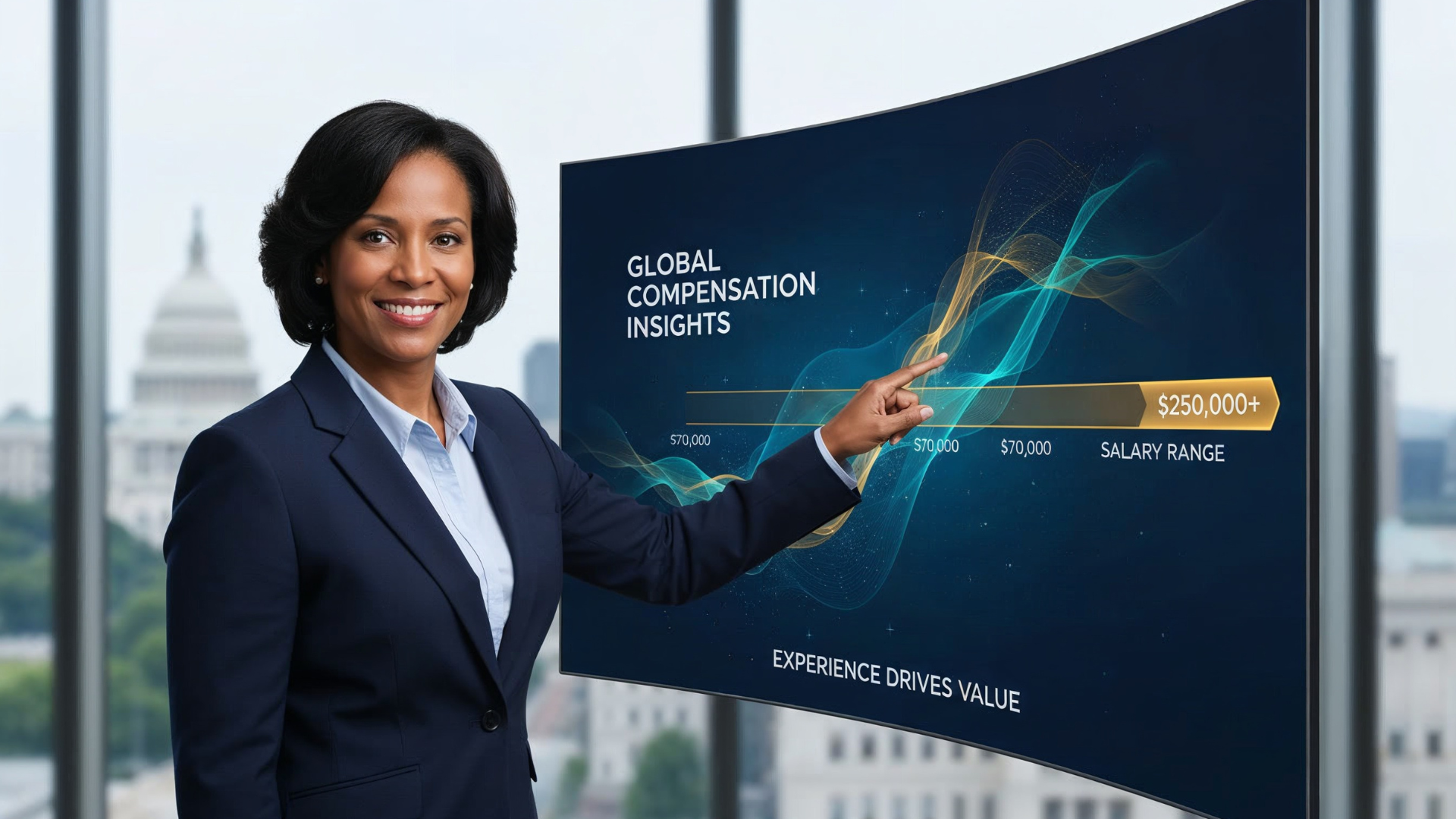Beyond the Algorithm: How AI is Reshaping the Future of Recruitment

Artificial intelligence (AI) is making waves in the recruitment industry but has significant challenges and biases. While AI has the potential to streamline hiring processes and enhance decision-making, the technology still needs to be fully ready to replace human judgment. Here’s a closer look at AI’s critical issues and limitations in recruitment, highlighting why caution and oversight are essential.
Automated Screening: Efficiency vs. Accuracy
AI-powered applicant tracking systems (ATS) promise to save time by quickly screening resumes based on specific criteria. However, this efficiency comes at a cost. Automated systems can miss out on qualified candidates who don’t perfectly match keyword filters or have non-traditional career paths. Additionally, there’s a risk of perpetuating existing biases if the data used to train these algorithms reflects historical hiring prejudices.
Predictive Analytics: A Double-Edged Sword
Predictive analytics can provide insights into which candidates might be successful in a role based on historical data. However, relying too heavily on these predictions can lead to a lack of diversity and innovation. Predictive models often favor candidates who fit the mold of past successful hires, potentially sidelining those who bring unique perspectives and experiences. Furthermore, the accuracy of these models depends on the quality and fairness of the data they are trained on, which is only sometimes guaranteed.
Enhancing Candidate Experience: Human Touch Matters
AI-driven chatbots and virtual assistants can handle initial candidate interactions efficiently, but they need more empathy and nuance in human communication. While these tools can provide quick answers and streamline scheduling, they can also leave candidates feeling undervalued and frustrated if their queries require a more personalized response. The candidate experience is a crucial aspect of recruitment that AI struggles to replicate fully.
Reducing Bias: The Ongoing Battle
One of the most touted benefits of AI in recruitment is its potential to reduce human bias. However, AI is not immune to bias itself. If the training data contains biases, the AI will likely replicate them, leading to discriminatory hiring practices. Addressing and mitigating these biases requires continuous monitoring and updating of the algorithms, which is a complex and ongoing challenge.
Improving Job Matching: Not Quite There Yet
While AI can match candidates with job opportunities based on skills and experiences, it often fails to understand the nuances of individual qualifications and cultural fit. Over-reliance on automated matching can lead to overlooking candidates who might be a great fit but only tick some boxes in a rigid algorithm. Human insight remains critical in evaluating the full spectrum of a candidate’s potential.
Challenges and Considerations
While AI offers numerous benefits, its integration into recruitment processes presents challenges. One primary concern is data privacy and security. The collection and analysis of candidate data must comply with regulations such as GDPR to protect individuals’ privacy rights. Additionally, over-reliance on technology is dangerous, leading to a need for more human judgment in critical hiring decisions. Balancing automation with personal interaction is essential to ensure a fair and respectful hiring process.
The Future of AI in Recruitment: Proceed with Caution
As AI technology advances, its role in recruitment will undoubtedly evolve. Future improvements may enhance its capabilities, but it’s crucial to approach AI integration thoughtfully. Transparency, fairness, and a balanced approach that combines AI’s efficiency with human insight will be key to harnessing its potential without compromising ethical standards.
AI holds promise for transforming recruitment, but it has significant limitations and challenges. Technology can streamline specific processes and provide valuable insights but has yet to be ready to replace human judgment entirely. Organizations must proceed cautiously, ensuring that AI tools are used responsibly and ethically. By balancing automation and human interaction, companies can build diverse, dynamic, and high-performing teams while navigating the complexities of AI in recruitment.



